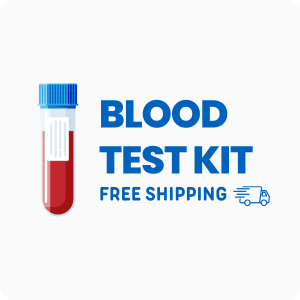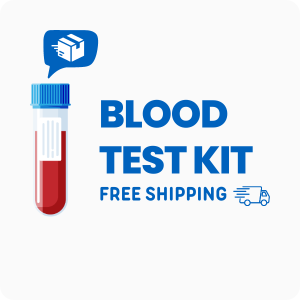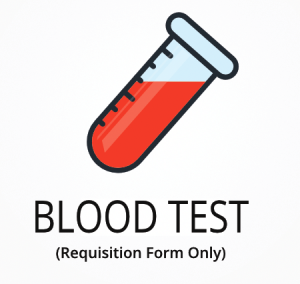Ordering the Cholinesterase Test
The Cholinesterase Test measures the activity of cholinesterase enzymes in your blood, which help break down certain chemicals, including those found in some pesticides. This test is often used to check for exposure to organophosphate or carbamate pesticides, monitor people who work with these chemicals, or help diagnose inherited enzyme deficiencies. Interestingly, some people have a genetic variation that causes lower cholinesterase activity, which can affect how their body responds to certain medicines used during surgery.
Ordering this test can help you:
- Detect early signs of pesticide exposure before symptoms appear
- Monitor enzyme levels if you work in agriculture or pest control
- Identify inherited enzyme deficiencies that may affect anesthesia response
- Track recovery after exposure to specific chemicals
- Support your doctor in choosing the safest medications for you
Who Might Benefit from Cholinesterase Enzyme Testing
People who work on farms, in greenhouses, or in pest control may be exposed to chemicals that lower cholinesterase levels. For example, someone who recently started a job spraying crops might want to check their enzyme levels to make sure they are not being affected by the chemicals at work.
Ordering this test may also be helpful in these situations:
- People who live near areas where pesticides are used regularly
- Those who have unexplained muscle weakness or fatigue after chemical exposure
- Family members of workers who handle pesticides
- Anyone who has had recent surgery and experienced a longer-than-expected recovery from anesthesia
- People with a family history of inherited enzyme deficiencies, which can sometimes be missed until a medical procedure reveals them
This test can help pinpoint if your enzyme levels are lower than normal, which may affect how your body reacts to certain chemicals or medicines. Delaying this test could mean missing early changes in enzyme activity, making it harder to prevent or manage possible effects from chemical exposure.
Preparing for Cholinesterase Enzyme Activity Testing
Fasting is not needed before this test, so you can eat and drink as usual. Always follow any directions your doctor or healthcare provider gives you to make sure your results are as helpful as possible.
Labs Included When Ordering Your Cholinesterase Test
| Test Name | Reference Range | What This Measures | Low and High Levels of Cholinesterase |
|---|---|---|---|
| Red Blood Cell (RBC) Cholinesterase | 7.0–19.0 | This test checks the amount of cholinesterase enzyme in your red blood cells. It helps find out if you have been exposed to certain pesticides or have a genetic enzyme deficiency. |
High levels mean your enzyme activity is normal or above, which usually indicates no recent exposure to cholinesterase-inhibiting chemicals.
Low levels mean you may have been exposed to pesticides, have a genetic enzyme deficiency, or your body is recovering from chemical exposure. |
Reference ranges can change over time. For the most current values, visit the Quest Diagnostics lab test directory.
Cholinesterase Test FAQ
Is there Cholinesterase testing near me?
You can find a nearby location for Cholinesterase testing using the patient service center locator, which also lists mobile phlebotomy options. This is especially helpful if you need quick and easy access to testing after possible chemical exposure or if travel is difficult.
What is the cost of the test?
The price you see for the Cholinesterase Test includes all fees, including sample collection at patient service center locations. Ordering this test is worthwhile if you have a job or lifestyle that puts you at risk for pesticide exposure, as it can help catch changes early.
How often should I retest?
Retesting is usually recommended every few months if you are regularly exposed to pesticides or as directed by your doctor. Regular testing helps track changes in enzyme activity, making it easier to spot new or ongoing exposure.
How accurate is the test?
The Cholinesterase Test uses a spectrophotometric method to measure enzyme activity, with a specificity of 98% and a sensitivity of 97%. All tests at TrueHealthLabs.com are performed by CLIA-certified labs, meeting strict quality and precision standards.
Medical Review Board
Reviewed by Jeff Donohue M.D. from Body Logic and Brady Hurst DC, CCCN. Written by True Health Lab’s team of editorial health contributors.
Disclaimer: This information is for educational purposes only and not intended as medical advice. Consult your healthcare provider for personalized guidance.
Why Customers Trust True Health Labs - What People are saying
Also rated 4.6 out of 5 based on 3452 ShopperApproved reviews- See all TrueHealthLabs.com reviews.








